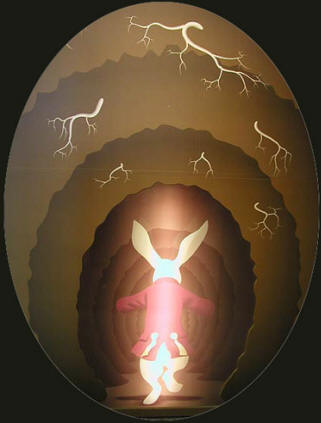1. gather complete information – more than one source
2. understand and define terms (make others define terms, too)
3. question the methods by which results were derived
4. question the conclusion: do the facts support it? is there evidence of bias? remember correlation does not equal causation.
5. uncover assumptions and biases
6. question the source of information
7. don’t expect all the answers
8. examine the big picture
9. look for multiple cause and effect
10. watch for thought stopping sensationalism
11. understand your own biases and values
From Human Biology: Health, Homeostasis, and The Environment, 3rd Edition, by Daniel D. Chiras.


Can you explain what is” watch for thought stopping sensationalism”?
Hi Krishnan,
I did not write that list (the reference is provided at the end), but I would interpret it as making some type of extreme claim that is more likely to elicit an emotional response than a thoughtful response. It’s easier to mislead, misdirect, and manipulate people if your tap into their emotions. Politicians know this all too well.